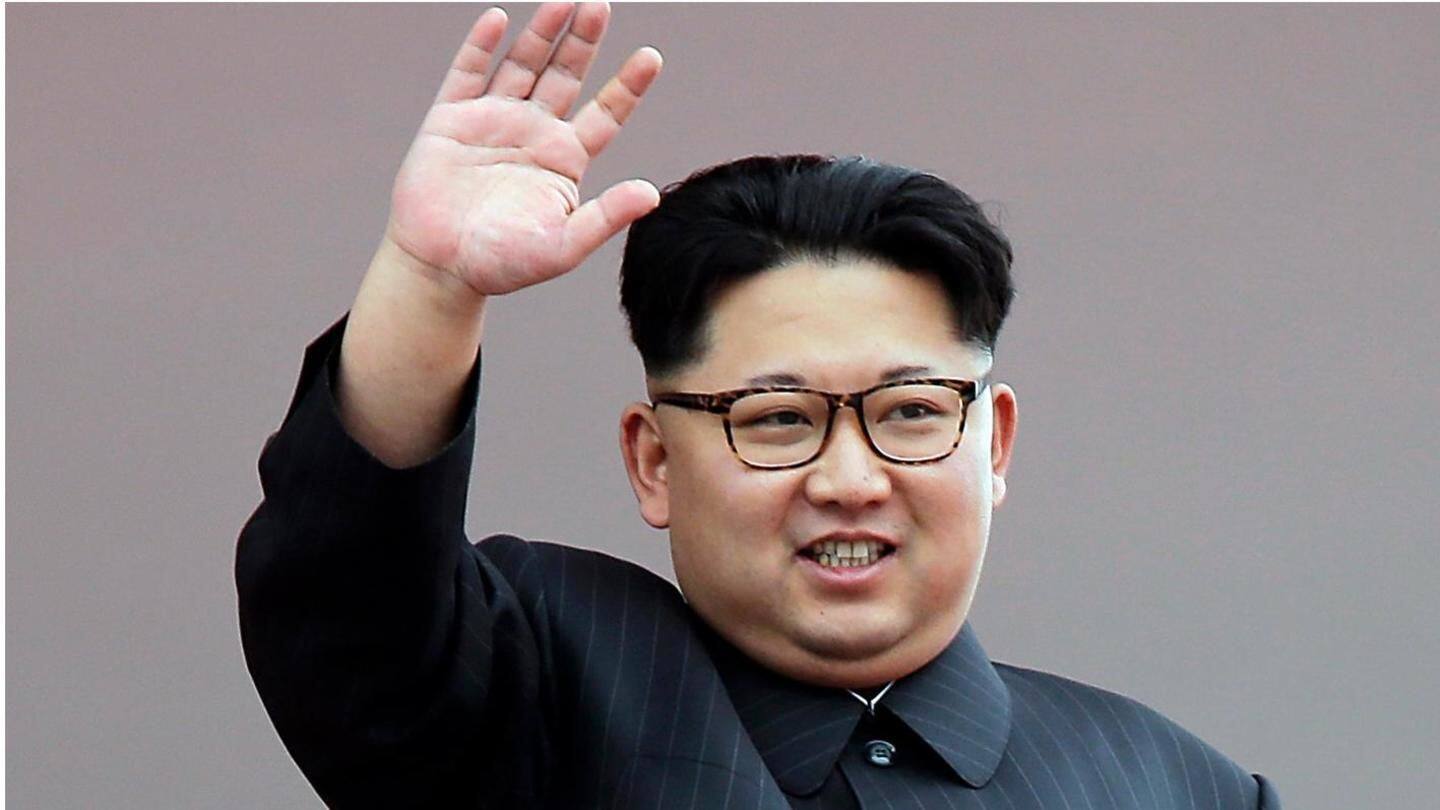
Kim Jong-un's two-day visit to China following Trump summit
What's the story
North Korean leader Kim Jong-un is on a two-day visit to China's capital Beijing, only a week after his unprecedented summit with US President Donald Trump, the Chinese state media reported today.
The outing comes as China has sought to strengthen its role as a mediator between the United States and North Korea, where Beijing claims compelling security and economic interests.
Here's more.
Third trip
This is Kim's third trip to China since March
Dozens of security vans, police cars, and armored vehicles lined streets around Beijing's Diaoyutai State Guesthouse on Tuesday afternoon.
The North Korean leader was expected to head to the Great Hall of the People to meet with Chinese President Xi Jinping.
The trip is Kim's third to China since March when he made his inaugural foreign trip as leader.
Expected talks
Kim expected to ask China for help in economic-sanctions relief
Japan's Nikkei business daily said that Kim is expected to ask China to help him in efforts to seek relief from economic sanctions in return for his pledge to denuclearize.
Following the historic US-North Korea summit in Singapore a week ago, China suggested that the UN Security Council could consider easing the economic punishment of its Cold War-era ally.
US demands
Xi, Kim to work for N-Korea to meet US demands
Trump hailed Kim's pledge to "completely denuclearize" as a concession. However, critics said the stock-phrase long-used by Pyongyang stopped short of longstanding US demands for N-Korea to give up its atomic arsenal in a "verifiable" and "irreversible" way.
It is now urgent for Xi and Kim to discuss how N-Korea will work towards meeting US demands, said Beijing-based international relations commentator Hua Po.
Quote
China, DPRK to boost communication to deal with US: Hua
"There may be differences ahead between the DPRK and the US in regards to denuclearization, because the US wants irreversible and verifiable denuclearization. Therefore, both China and the DPRK want to strengthen communication to deal with the United States going forward," Hua said.
Beijing's influence
Analysts see the Trump-Kim's "suspension for suspension" as Beijing's influence
In return for the denuclearization pledge, Trump announced that he would stop joint-military-drills with South Korea, long seen as a "provocation" by Pyongyang and Beijing.
Analysts saw this as a clear sign of Beijing's influence.
Beijing had called for a "dual-track and suspension for suspension" approach where the North would stop its nuclear activities in exchange for the US and S-Korea halting military exercises.
Information
US, South Korea call off joint military exercises
On Tuesday, the US and South Korean militaries confirmed they have called off scheduled joint exercises following Trump's order. President Trump had raised eyebrows by describing the exercises as "provocative" - a term used by the North.